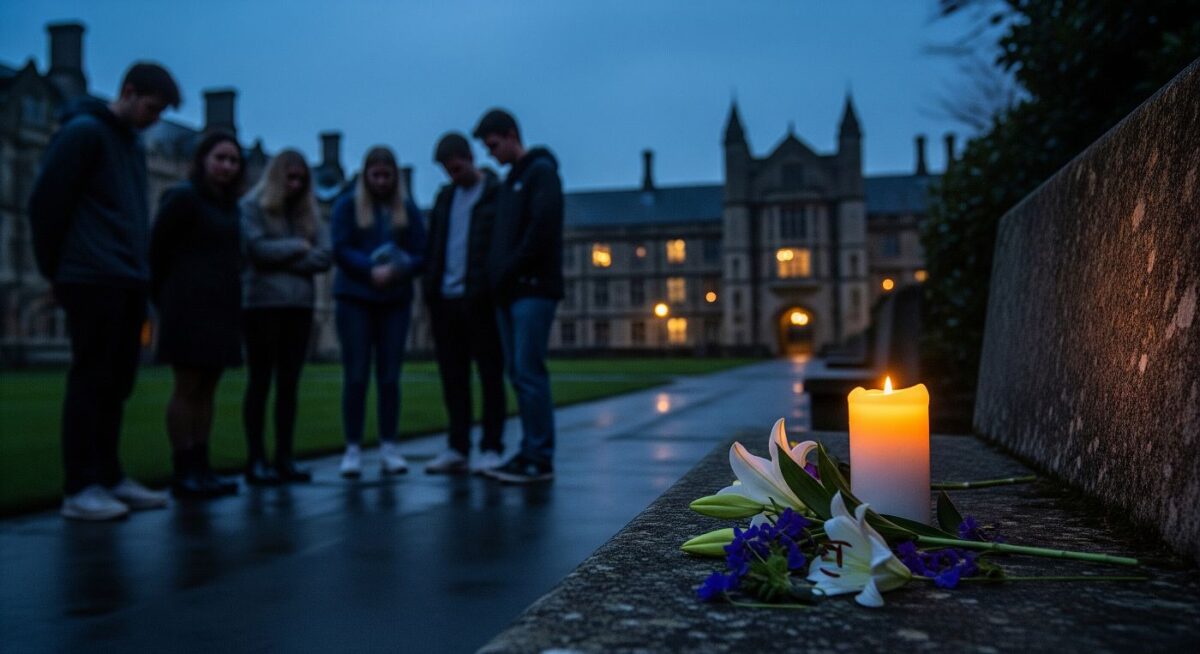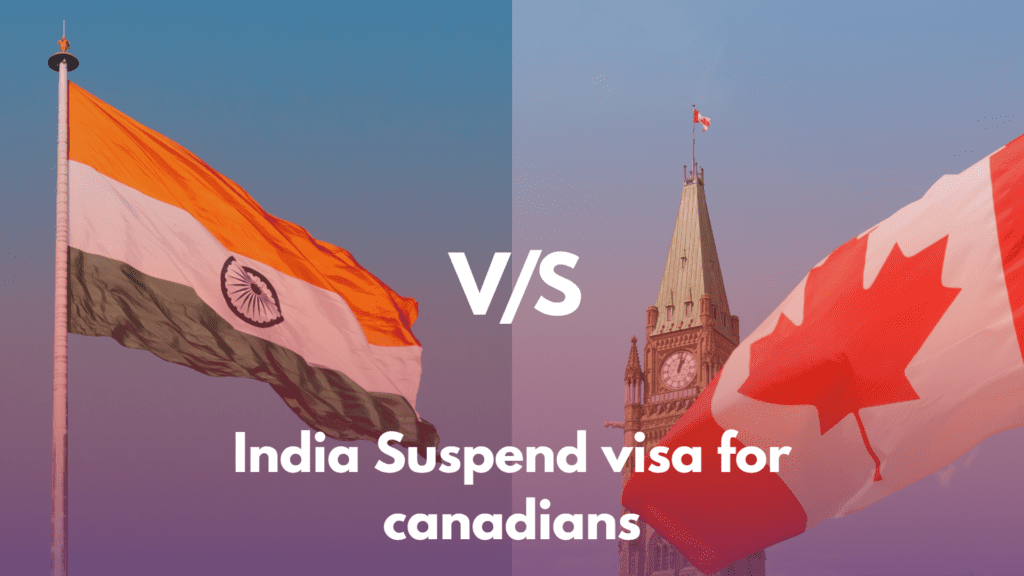On Saturday, August 16, 2025, the BITS Pilani Goa campus was shaken by the tragic death of a BITS Pilani Goa student death—20-year-old Kushagra Jain, a third-year Computer Science undergrad—found unresponsive in his hostel room early that morning, prompting both grief and urgent reflection on campus well-being.
Incident Timeline: What Unfolded That Morning
- Early hours (August 16) — When Kushagra Jain failed to show up for classes, hostel mates alerted authorities. His room, locked from within, was forcefully opened by wardens who discovered him in an unresponsive state.
- On-the-spot Declared Deceased — Despite immediate medical attention, Kushagra was pronounced dead at the scene. The Verna police promptly registered the incident as an Unnatural Death, and post-mortem procedures have been initiated.
Who Was Kushagra Jain & Campus Response
A third-year Computer Science student, 20 years old, Kushagra was regarded by peers as intelligent, committed, and calm. His unexpected demise has sent shockwaves through campus, with students, faculty, and staff expressing profound grief and urging renewed focus on mental health infrastructure.
Broader Context: Alarming Pattern Emerges
This tragedy is the fourth such incident in just five months at BITS Goa. Previously:
- December 2024: Om Priyan Singh found dead in his hostel room.
- March 2025: Atharv Desai similarly discovered unresponsive.
- May 2025: Krishna Kasera’s death raised grave concerns.
All occurred amid exam periods, intensifying worries about academic stress and student vulnerability.
Institutional Accountability & Reform Efforts
Following the earlier cases, BITS management began implementing several measures:
- Curriculum revamp with stress management and wellness modules.
- Exam flexibility allowing stressed students to reschedule.
- Creation of a Student Well-Being Dashboard and expanded counseling services.
- Submission of detailed reports as demanded by the Governor.
Kushagra’s passing underscores the need to accelerate and deepen these reforms to ensure they reach those in distress effectively.
Mental Health First—Support Systems & Best Practices
To support students, campuses must:
- Provide confidential, responsive counseling, available beyond regular hours.
- Maintain clear, proactive communications—seminars, peer outreach, and well-being check-ins.
- Develop 24/7 hotlines, grievance cells, and preventive peer networks.
- Educate the campus on recognizing signs of distress and reducing stigma around help-seeking.
Final Thoughts: A Call to Action
The untimely loss of Kushagra Jain is a heartbreaking call to action. For the BITS Pilani community, this moment must catalyze lasting change. Upholding mental health isn’t optional—it’s essential. With empathy, transparency, and robust support, we can honour his memory by ensuring no student suffers in silence.









